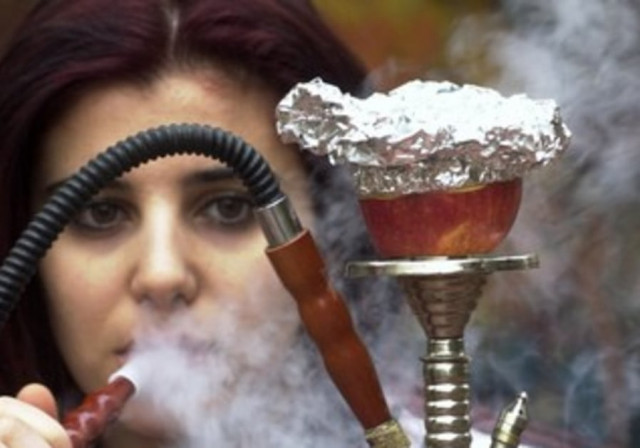Once common, hookah fades from South Punjab
A hookah, also known as hubble-bubble is now it is fading from the region.

A hookah, also known as hubble-bubble, was once a common sight in rural homes across South Punjab. However, now it is fading from the region.
For generations, it played a central role in rural communities' social and cultural fabric. More than just a smoking tool, hookah symbolised a sense of togetherness and was often the focal point of social gatherings. However, its use has declined in recent decades, even in rural areas where it once flourished.
Modern lifestyle, convenience and shifting social dynamics have led to its gradual disappearance. Hookah was a cultural artefact that facilitated social bonding, said Malik Muhammad Arif, a resident of Nawabpur. In rural households, it was common for families and neighbours to sit together in a courtyard, share stories, discuss daily matters and pass the hookah around. With the bubbling sound of the water inside it, it was particularly important in gatherings of elders, he remarked. He added that it was seen as a sign of respect for the younger generation to serve it to their elders.
The process of preparing hookah with the careful lighting of coals was a ritual that brought people together. In many ways, hookah was a symbol of rural hospitality, representing a slower, more connected way of life.
As people moved towards a more fast-paced lifestyle, the time-consuming process of preparing and maintaining a hookah became less practical.
Sheikh Saleem, a craftsman who made hookah for over 40 years, shared, "I have left the business because people do not show the same interest anymore."












1724319076-0/Untitled-design-(5)1724319076-0-208x130.webp)






COMMENTS
Comments are moderated and generally will be posted if they are on-topic and not abusive.
For more information, please see our Comments FAQ